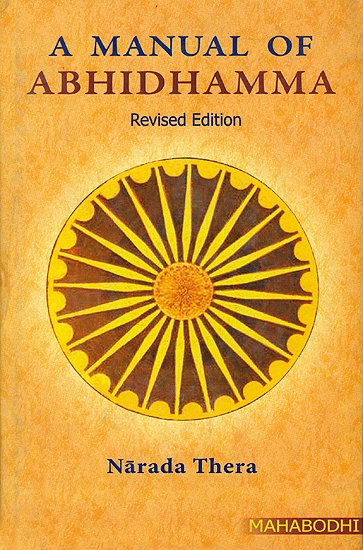Abhidhamma in Daily Life (by Ashin Janakabhivamsa)
by Ashin Janakabhivamsa | 66,666 words
English translation of "Abhidhamma in Daily Life" by Professor Ko Lay. Revised by Sayadaw U Silananda, International Theravada Buddhist Missionary University, Yangon, 1999...
Chapter 1 - On paramattha, the ultimates (and the mind)
- Sub-Contents: (+ / -)
The Four Ultimates
Paramattha is a Pali term which means lofty intrinsic nature. Lofty does not mean high, noble or good, but it means that which is upright and firm being unchanging by way of intrinsic nature. [ Parama + attha — lofty + intrinsic nature] The four Ultimates (Paramatthas) are consciousness (citta), mental factors (cetasikas), matter (rupa) and Nibbana, the only absolute reality.
How They Are Unchanging
The mental factors include Lobha, greed and dosa, hatred or anger. Lobha never changes its intrinsic nature of greed whether it arises in the mind of the wise and virtuous, or the wicked, or of dogs. Dosa also never changes its hard nature of hatred or ill will in whomsoever beings it arises. It should be noted that other Ultimates also maintain their intrinsic natures in the same way.
The Ultimates are free from bias or partiality, and they always manifest by themselves on their own nature. The intrinsic nature of things should be earnestly digested and understood as explained here, so as to know the mental states of other people as well as one’s own.
Maxim:
- The real essence, being constant, steadfast and unchanging is called Paramattha, the Ultimate.
- There are four kinds of Ultimates, namely, consciousness, mental factors, matter and Nibbana.
